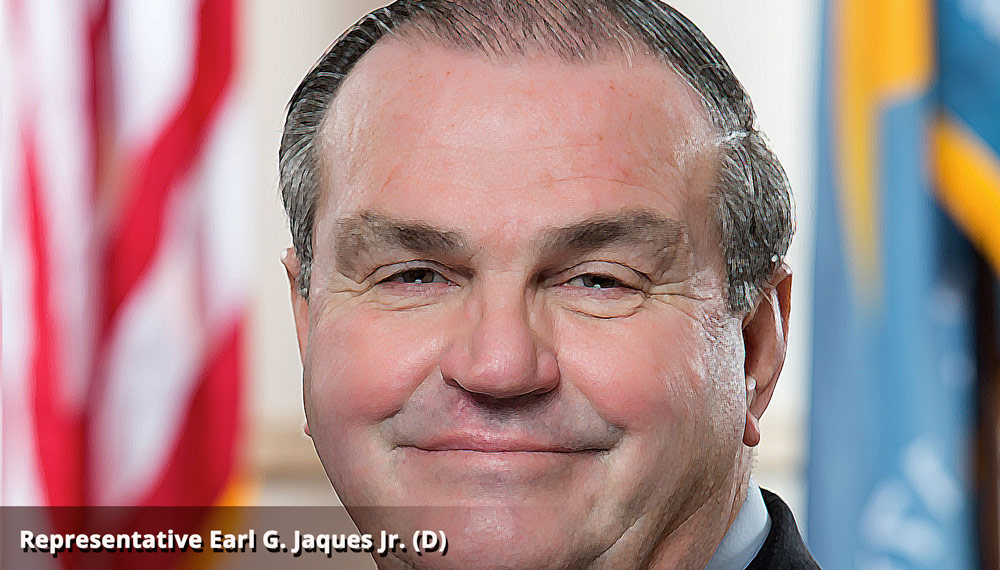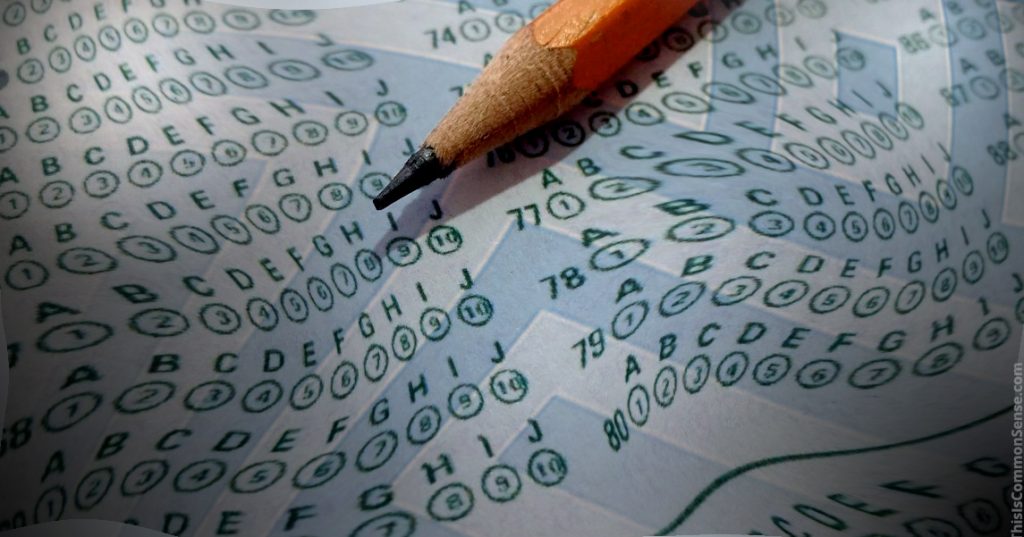We are often lectured on the importance of a college education. The path to upward mobility is greased via higher education, we are informed, and all that investment in time and money pays off … with a lifetime of higher salaries and better opportunities.
“The typical American with a bachelor’s degree or higher,” President Barack Obama pointed out back in 2014, “earns over $28,000 more per year than someone with just a high school diploma.”
Accordingly, Obama urged “students and parents” to “begin preparing yourself for an education beyond high school.”
Was he just pulling our legs?
After all, $28,000 extra each year for many decades isn’t chump change. Yet, if college proves such a royal road to wealth, why would highly educated folks gaining such lucrative earning-power need the bailouts … especially from taxpayers who didn’t make that self-investment?
That subsidy of the richer by the poorer is precisely what many Democratic Party presidential candidates are promising younger voters, with Sen. Bernie Sanders topping the proposed taxpayer-generosity by offering to cancel all $1.6 trillion in outstanding student debt.
“Not satisfied with having the government take over 20 percent of the economy with his Medicare-for-All program,” James Joyner writes at Outside the Beltway, “the Vermont Senator wants the government to assume all debt taken on for education and make college absolutely free from here on out.”
If a college education is worth what it costs, no bailout should be necessary.
And only in the political world would anyone suggest giving away such a valuable commodity for free.
This is Common Sense. I’m Paul Jacob.

—
See all recent commentary
(simplified and organized)









